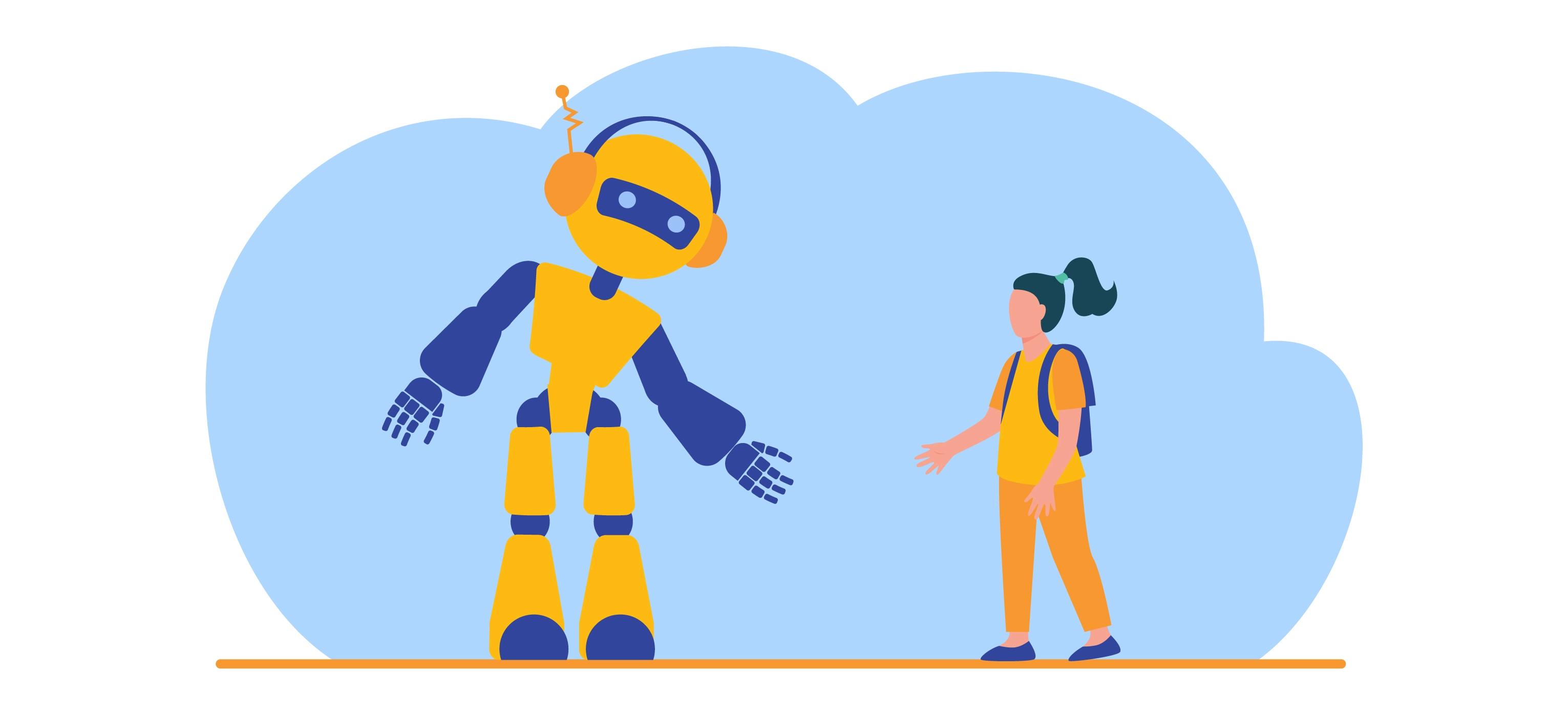 Afreen M
Jul 08, 2025
Afreen M
Jul 08, 2025

Edoxi introduces an AI course for kids in Grades 8 to 10 to equip them with the skills to utilize AI-powered tools. Machine Learning fundamentals, Natural Language Processing techniques, and Ethical AI practices are some of the key areas covered in Edoxi’s AI Course for kids between the ages of 13 and 15. Edoxi’s AI course for students is a 40-hour training program delivered in online and offline mode.
Dubai’s educational sector is going through rapid transformation because of Artificial Intelligence (AI). AI-powered platforms enhance student engagement through interactive simulations and virtual reality. Introducing AI at a young age enhances students' academic performance and prepares them for future job markets. Edoxi’s expert trainers have thoughtfully designed an AI Curriculum to nurture young minds and help them understand the power and pitfalls of Artificial Intelligence.
Edoxi’S AI Course to empower students by equipping them with vital skills in Artificial Intelligence. According to IMARC, the global market for AI in education is expected to reach 75.1 billion by 2033. The following are the reasons why Edoxi started an AI Course for students in Grades 8 to 10.
Check out the key objectives of Edoxi’s AI Course for Kids in Grades 8 to 10:
Edoxi has already introduced AI course to upskill professionals from diverse backgrounds. Now they have shifted their focus to empower young minds through AI literacy. Check out the table below to understand the key areas covered in Edoxi’s AI Course for Kids between the age of 13 and 15.
|
Topic |
Areas Covered |
Projects for Hands-on Learning |
|
Python Programming for AI Development |
Students will learn core Python concepts, including variables, functions, and libraries. |
Students will engage in projects to develop intelligent chatbots using Python and NLP, mastering AI-powered communication systems. |
|
Machine Learning Fundamentals |
Students will master ML fundamentals including, predictive models and pattern recognition skills. |
Through real-world projects, students will learn to analyse datasets to build machine learning models for forecasting and pattern detection. |
|
Natural Language Processing (NLP) Techniques |
Students will master NLP techniques and learn how AI interprets and responds to human language. |
Students will engage in hands-on training to design adaptive learning models that showcase AI’s role in personalized education and automation. |
|
Generative AI and Ethical AI Practices |
Students will gain in-depth knowledge about ChatGPT and emerging AI models. |
Students will explore AI governance challenges, focusing on ethical deployment and bias mitigation through real-world projects. |
|
Data Visualization and Analytical Techniques |
Students will learn to transform raw data into actionable intelligence with AI-driven analytics. |
Students will learn to leverage Python libraries to create dynamic visual analytics for data-driven decision-making. |
Edoxi’s AI Course equips students in grades 8-10 with industry-relevant Python and AI skills, laying the foundation for future careers in Artificial Intelligence. Edoxi’s hands-on training enables students to build strong portfolios for academic competitions, hackathons, and AI-integrated science projects.
Expert trainers of Edoxi ensure students develop a deeper understanding of AI’s societal impact, positioning them for success in future academic and career pursuits.So why wait? Help your teenage kids take their first step in the world of AI with Edoxi!
“AI is not here to replace humans, AI is for amplifying human potential”
-Afreen, AI Trainer Edoxi

Afreen, with four years of dedicated teaching experience, has successfully trained over 100 students in programming languages like Python, SQL, and Java. She combines her technical expertise with a passion for education, tailoring her instruction to suit the unique needs of young learners. Her interests in reading and working on coding projects help her design engaging and practical learning experiences for her students.
Afreen’s teaching philosophy emphasizes hands-on learning, guiding children through projects like game development and calculator applications. Her balanced approach helps students build confidence in technology while mastering essential programming skills. By staying actively engaged with personal coding projects, she ensures her teaching remains current, practical, and effective, creating an encouraging environment where children can explore and understand coding concepts with ease.